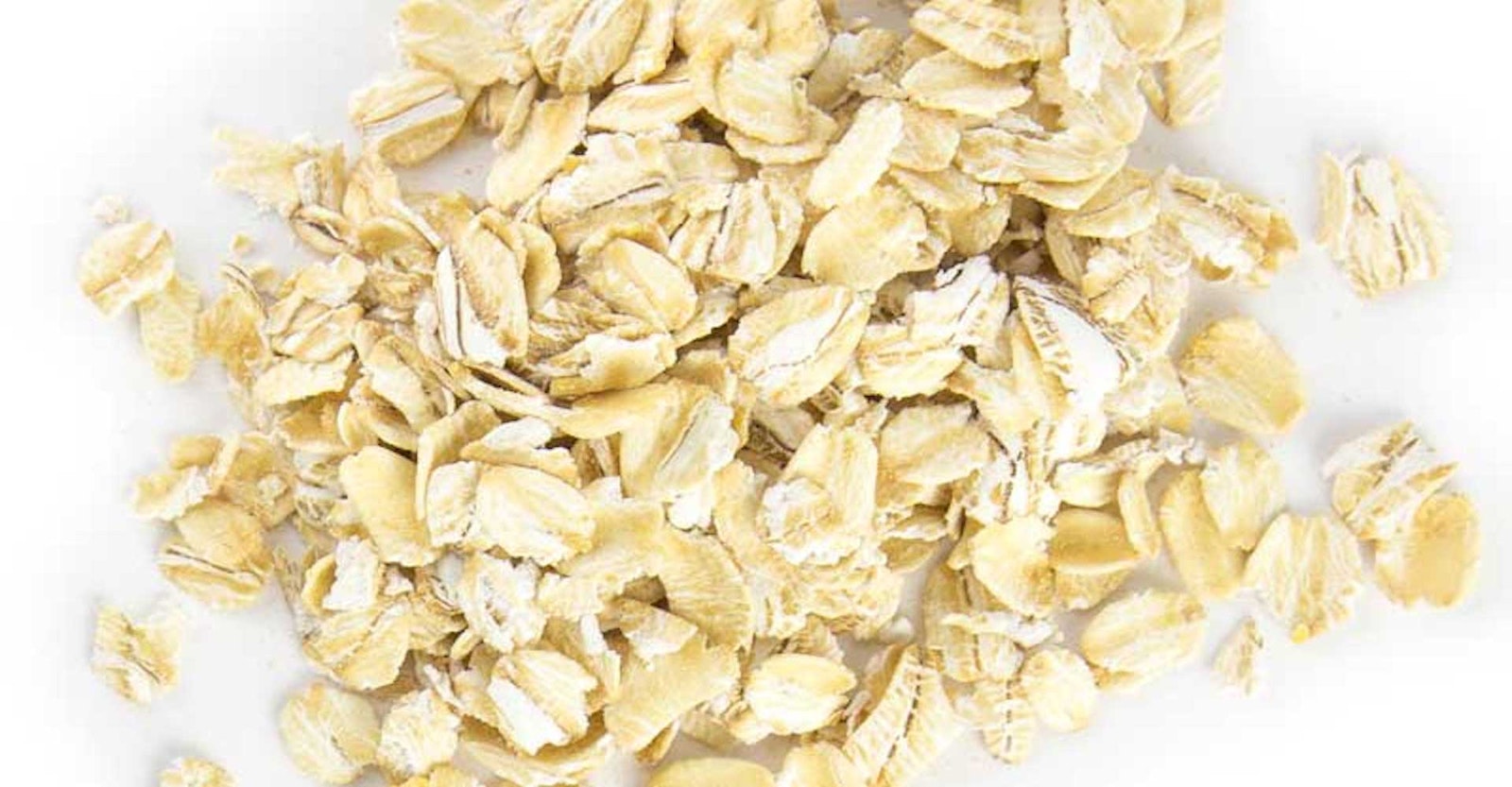Brewers have worked with oats in one form or another for centuries. Of course, there’s oatmeal stout, the famously nourishing British tonic that was reported to have aided nursing mothers and the convalescent in equal measure (See Ron Pattinson’s “A Brief History of Oatmeal Stout” for more about this style). But there’s also Kottbusser, a pre-Reinheitsgebot style from the German town now known as Cottbus, which is brewed with oats, molasses, and honey. Belgian Witbier frequently contains a good measure of oats, and even Tripel Karmeliet includes oats alongside barley and wheat.
Homebrewers who want to feel their oats have a number of excellent options from which to choose. Just make sure you know what you’re getting, as different products have different mash requirements.
Flaked Oats
Flaked oats are available from your local homebrew store, or you can purchase them at the supermarket. Just look for plain, unflavored, old-fashioned rolled oats, quick oats, or instant oats. All of these products have undergone starch gelatinization as part of the rolling process, and all work equally well in the mash tun.
Oat Malt
Oat malt can be used directly in the mash, just as you would any other malted grain. As with wheat and rye, though, oat malt can be a headache to lauter, so it’s best to either limit it to less than 20 percent of the grist or include a few handfuls of rice hulls as a lautering aid.
Golden Naked Oats
Golden Naked Oats from Simpsons Malt in the United Kingdom is a dehusked caramel oat malt. Because Golden Naked Oats are a form of crystal malt, you can use them in the mash or steep them as specialty grains for your extract-based brews. In addition to the signature oat graininess, you’ll pick up some caramel notes as well from the stewing process that crystallizes malt.
Whole Oats
Whole oats (“oat groats”) and Irish-style steel-cut oats are raw oat kernels that have not undergone any kind of starch gelatinization process. Because they’re unprocessed, you’ll need to conduct a cereal mash before they can lend their starches to your main mash. There’s little reason to bother with whole or steel-cut oats because the malted and flaked varieties perform just as well and require no advanced prep. But, if you’re the sort of brewer who has to give everything a try at least once, look to an upcoming article for advice on conducting a cereal mash.
Regardless of the form you choose, look to oats for a silky, viscous sensation of fullness on the palate, similar to rye but without the spiciness. One thing you won’t get, however, is wort clarity: Like wheat, oats tend to make hazy beer. But once you’ve brewed with this increasingly popular grain, you won’t care. Before long, you’ll be looking for an excuse to add oats to everything. And what could be more wholesome than that?

